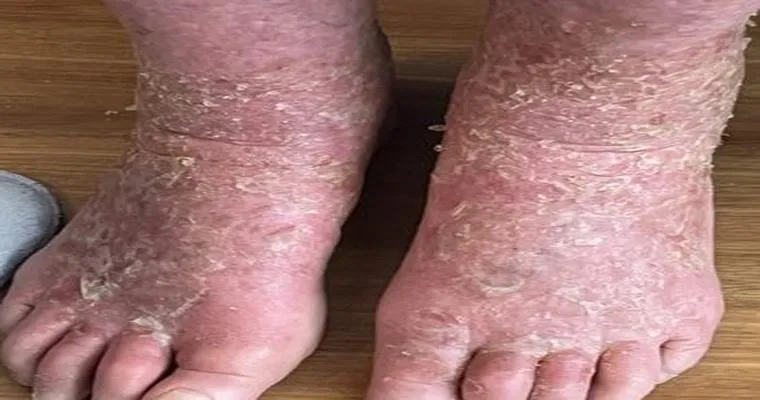When a loved one, such as your mom, is receiving treatment for "Edema in her legs", it can be a challenging and emotional experience. Concerns about her well-being, particularly in a "rehabilitation setting", are valid and should be addressed promptly. If you've expressed concerns about potential "retaliation" against her for voicing her needs or complaints, it is crucial to take proactive steps to ensure her safety and comfort during her recovery. Here are some strategies you can employ to protect your mom and advocate for her care.
First and foremost, document everything. Keep a detailed record of your mom’s treatment, including interactions with staff, any incidents that raise concerns, and her overall progress. This documentation can serve as a valuable resource if you need to escalate your concerns. It is important to note dates, times, and the names of individuals involved in any incidents or discussions relevant to her treatment.
Next, consider having open discussions with the rehabilitation facility staff. Schedule a meeting with her primary caregiver or the facility’s management team to express your concerns. Approach the conversation calmly and professionally, focusing on your mom’s needs and well-being. Clear communication can often resolve misunderstandings and clarify the facility's policies regarding patient care and treatment.
If you feel that your concerns are not being taken seriously, you may need to escalate the matter. Reach out to the patient advocacy department within the rehabilitation center. Patient advocates can help navigate the healthcare system and ensure that your mom's rights are upheld. They can also provide guidance on how to voice complaints effectively and protect against retaliation.
In addition, familiarize yourself with your mom’s rights as a patient. Understanding the regulations and standards that govern rehabilitation facilities can empower you to advocate more effectively. Most facilities are required to follow specific guidelines to protect patients from retaliation for voicing concerns. Resources such as the "Patient Bill of Rights" can provide essential information on what you and your mom are entitled to in her care.
If necessary, consider contacting external organizations that oversee healthcare facilities. Depending on your location, this may include state health departments or ombudsman programs that are designed to protect patients in rehabilitation settings. They can offer support, investigate complaints, and ensure that the facility is adhering to the laws and regulations regarding patient care.
Another essential action is to involve other family members in your advocacy efforts. Having a support system can help create a unified front when addressing concerns and can make it easier to communicate with facility staff. It can also be beneficial to encourage your mom to express her feelings and concerns directly, as this can empower her and ensure that her voice is heard.
Lastly, consider seeking legal advice if you believe that your mom is experiencing retaliation or if her rights are being violated. Consulting with an attorney who specializes in healthcare law can provide you with an understanding of your options and the potential legal routes available to protect her.
In conclusion, navigating a rehabilitation setting for Edema in your mom's legs can be complex, especially when concerns about retaliation arise. By documenting her care, communicating effectively with staff, understanding her rights, and seeking external support, you can advocate for her well-being and ensure she receives the care she deserves. Remember, your advocacy is crucial in helping her recover safely and comfortably.





